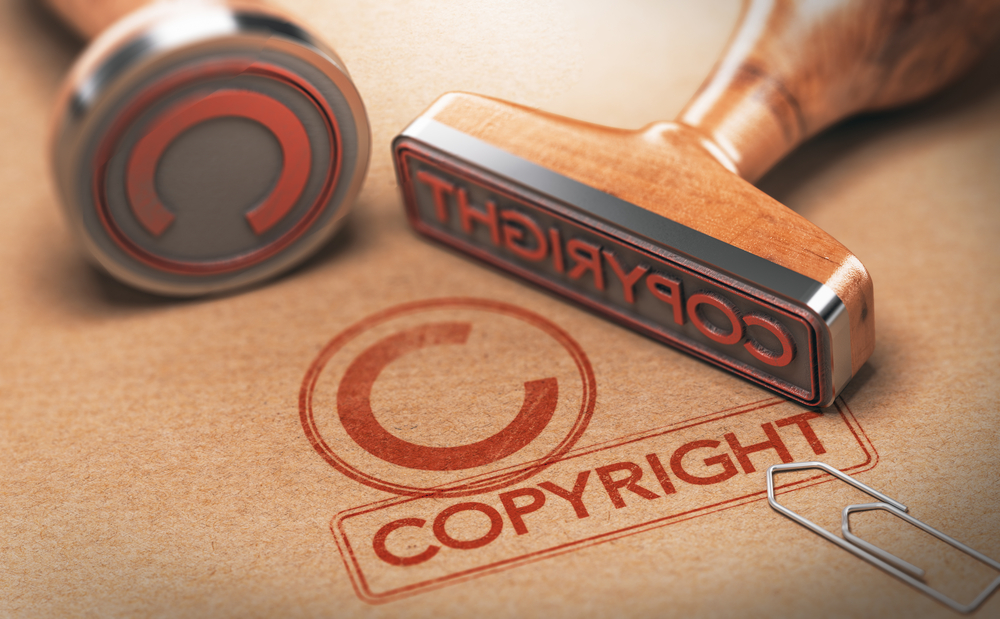ABA amicus brief urges Supreme Court to use stricter standard on copyright registration

Olivier Le Moal / Shutterstock.com
The American Bar Association has filed an amicus brief arguing that the U.S. Supreme Court should find copyrights are established at the earliest opportunity.
The brief in Fourth Estate Benefit Corp. v. Wall-Street.com addresses a split between the federal appeals courts on when a copyright is registered for the purposes of a copyright infringement lawsuit. The New Orleans-based 5th Circuit and San Francicsco-based 9th Circuit have ruled that this is when the copyright holder submits the application and accompanying fees; the Denver-based 10th Circuit and the Atlanta-based 11th Circuit say it’s when the U.S. Copyright Office acts on that application.
The ABA—in a brief that cites a resolution adopted by the Section of Intellectual Property Law and a similar resolution subsequently adopted by the ABA House of Delegates—argues for allowing infringement lawsuits after the application is submitted, the earlier standard. The “application approach” better reflects the text of the Copyright Act than the “registration” approach, it says; enables copyright holders to pursue infringement lawsuits even when the Copyright Office is slow to act on applications; and puts U.S. authors on the same footing as authors of foreign works.
“While requiring a copyright holder to obtain a decision from the Copyright Office prior to filing suit may sound like a trivial delay, these delays present real problems,” the brief says. The delay between filing and receiving a decision can be anywhere from three to 28 months, it says, and an expedited process called “special handling” is not available to every applicant, costs $855 and cannot result in a decision quickly enough to keep information from spreading online.
As IP Watchdog reported in July, Fourth Estate centers on a dispute between Fourth Estate, a public benefit corporation that licenses articles to other organizations, and Wall-Street.com, a licensee. Wall-Street.com canceled the arrangement, which under the contract between the two businesses required it to remove the content from its website. It refused, so Fourth Estate sued. The 11th Circuit ultimately found that because Fourth Estate had applied for but had not been granted registered copyrights for the articles in question, it couldn’t bring the lawsuit.
The ABA’s amicus brief asks the Supreme Court to reverse that decision. Federal law already says copyrights exist as soon as a work is put into a fixed form—such as written down or recorded—which does not require any action by the Copyright Office. Furthermore, courts review copyrights de novo regardless of whether the Copyright Office grants a registered copyright. Thus, requiring a final decision from the Copyright Office before permitting infringement suits would be a departure, the brief says.
It would also be contrary to case law and the Copyright Act itself, the brief argues. For example, it says, the act defines “effective date of registration” as the date the registration materials are submitted to the Copyright Office.
In addition, the ABA says allowing the 11th Circuit’s decision to stand would create a “draconian impact” on copyright holders, who would be unable to sue while their applications are pending with the Copyright Office. The Copyright Act has a three-year statute of limitations, the brief notes, which at least one court has held is not tolled while an application is pending with the Copyright Office.
Finally, the brief says, authors of foreign works are exempt from the Copyright Act’s requirement to register a copyright before they may file infringement lawsuits, thanks to the Berne Convention for the Protection of Literary and Artistic Works. That puts foreign authors in a stronger position to protect their copyrights than authors in the United States, who must register a copyright before being permitted to sue. Allowing infringement lawsuits upon application rather than certification would minimize that inequity, the ABA argues.
The U.S. Solicitor General’s office has also filed an amicus brief in Fourth Estate, arguing that the statutory language requires a decision from the Copyright Office. The case will be heard during the Supreme Court’s 2018-2019 term.



